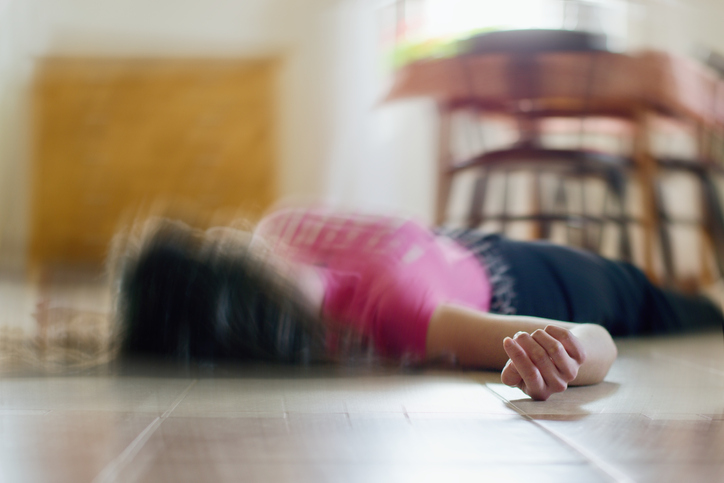Dr Sam Dahdaleh
Consultant Neurologist
Specialist expertise: Headache, Stroke, Movement Disorders, Neurology.
People’s experience of dizziness varies widely from a general feeling of lightheadedness, faintness or weakness to a more specific sensation of vertigo involving prolonged spinning, which is sometimes referred to as hallucination of movement.

Dizziness has multiple possible causes since the mechanism of balance is complex, involving parts of the body from the ear to the feet, for example it can be due to inflammation of the brain or anaemia, but common causes are migraine and stress.
Whilst dizziness has multiple possible causes, vertigo most commonly results from a problem with a part of the inner ear called the labyrinth, such as labyrinthitis or benign paroxysmal positional vertigo (BPPV). It may also be due to abnormalities in specific areas of the brain that deal with balance or integration of vision. One of these abnormalities is migraine. Accurate diagnosis relies on a detailed and thorough understanding of a patients’ medical history.
The sensation of ‘dizziness’ is among the most disturbing of medical symptoms. People’s experience of dizziness varies widely from a general feeling of ‘lightheadedness' ‘faintness’ or ‘weakness’ to a more specific sensation of vertigo.
Vertigo, most commonly experienced after prolonged spinning such as on a fair-ground ride, is the sensation that the world or floor continues to move. It is also known as the ‘hallucination of movement’.
Interestingly it is impossible to suffer vertigo for life, but in some sufferers, the dizziness can become chronic. This is now recognised as persistent postural perceptual dizziness (PPPD) and may require a combination of medication and vestibular rehabilitation.
Medication, known as vestibular suppressants, may be an appropriate treatment for some patients but should only be used for short periods.
The specific treatment will depend on the cause of dizziness or vertigo but some forms of dizziness and vertigo can be treated with simple head manoeuvres, such as the Epley’s or Brandt-Daroff exercises.
Currently selected day
Available consultations
Causes
Migraine, stress, inflammation of the brain, ana...
Symptoms
Lightheadedness, faintness, weakness
Treatments
Medication, head manoeuvres
We have brought together a group of leading neurologists, neuroradiologists, and neurophysiologists to create our Neurology team. With over 300 years of combined experience, these expert clinicians are the best in their field providing services that integrate across multiple specialties.